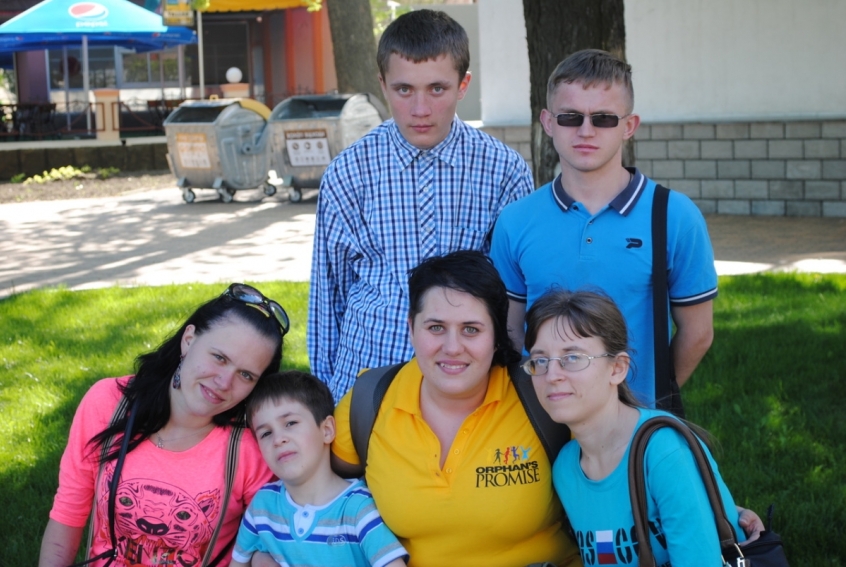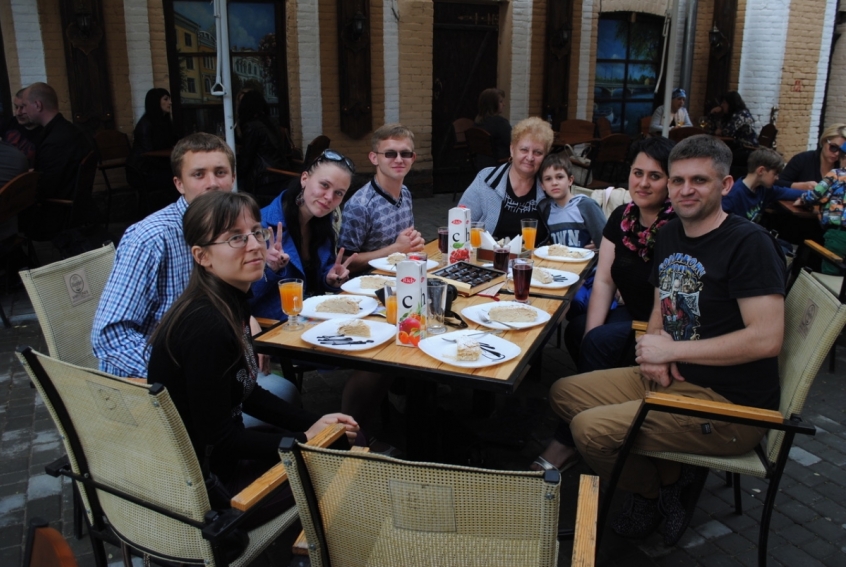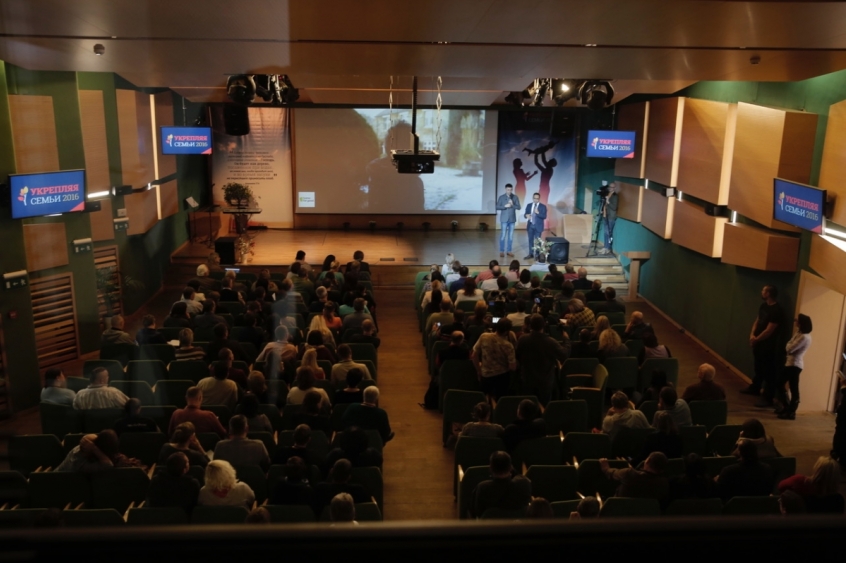Maybe you remember the heart-breaking images of children chained into cots rocking themselves to try and get some sensation and stimulation in their lives. Maybe you remember their shorn hair and expressionless faces as portrayed on the news a few decades ago. There were many thousands of children in these situations right across Eastern Europe. Children whose parents were too poor to care for them or who had died were put into appalling conditions in institutional care. The images spurred many Christians to get involved in these orphanages, doing both short term and long term work to help show the children some love and to fight for an improvement in their conditions. But over the last 10 years God has been mobilising the church to do something revolutionary for the sake of these children. I have spoken to many church leaders around the world who seem to be catching the same vision. This week I was in Ukraine to see first hand the remarkable things God is doing.

Through a movement called "Ukraine without Orphans" the church is being mobilised. Not just to lobby government to improve children's care homes. Not to send clothes or toys or volunteers. Not to raise sponsorship, train choirs or start educational programmes. But to close orphanages down, bring the children out and ensure each one has a safe and loving forever family. In Kiev last week I met hundreds of adoptive and foster families. The average carer I met had taken in more than seven children. I met one couple that had adopted 11 children. The motivation for these carers was not infertility as the vast majority had their own birth children. They were not wealthy people, they were not celebrities, or film stars with large mansions. They were ordinary people – mothers, fathers, teachers, pastors, and youthworkers – who felt compelled by God to do something radical. Many of the children had additional needs or scars from early neglect and abuse. And yet these families were queuing up to welcome them into their homes and lives.
During an address I gave at a conference sponsored by "Orphans Promise" for adoptive parents in Ukraine, I praised the adopters for offering their nation as a living parable of the gospel of God. The grace of God that had been poured out into our lives as Christians was being poured out into the lives of children rejected and discarded by society. This was no easy ministry, especially in Ukraine. The country is in the middle of a major military conflict with Russia. For many people the long-term exposure to conflict has given them traumatic stress disorder. And yet they still heed the call to step up to care for vulnerable children.

Tamara Dudnik who lives close to the Russian border explained:
"It is difficult to live in this continual state of war. We are so close to the frontline, but God has anointed us to be missionaries in the frontline. I have noticed in my town that the attitude to the evangelical church in our town has changed as it was the only that church that stayed, everyone else left."
I also spoke to a young couple Kotya and Olya who had opened their home for young people in transition. Previously young adults aging out of the orphanages had not been given the life skills they needed to survive in the wider world. This couple have seven young adults aged between 18 and 24 living with them and they are helping them to learn how to cook, work, plan and save for the first time from a safe and supportive base. They had discovered that some of the orphanages closed during the holidays and the children were sent to hospitals. They could not believe that healthy children were spending weeks in hospital beds just because there was nobody able to care for them. Hearing about this challenged Olya and Katya to get involved in caring for vulnerable children.
Oleg Shelashsky, who is the Vice President of the Alliance for Ukraine Without Orphans, observed that most of the orphanages around the world are run by Christians. Many think they are doing something good for children, protecting children from living on the streets. This is true, but orphanages also prevent children from living in families. Oleg's vision for Ukraine is to close all the orphanages in his country because he believes the best place that children can flourish is in loving families. He wanted to challenge UK Christians. Is your church supporting an orphanage somewhere in the world? Rather than cutting off the funding and leaving those institutions in the lurch – is there a way you and your church can use its influence to encourage a planned and appropriate transition to family-based care?

Too often Christians in the west export our our songs, our way of doing church, our programmes as if we have all the answers, all the theology, all the blessing. I am coming home from Ukraine having been challenged that the church there has something to teach the rest of us they set a new standard for the rest of us as to what mission looks like.
Dr Krish Kandiah is a contributing editor to Christian Today and the founding director of Home for Good. Follow him on Twitter @krishk.













